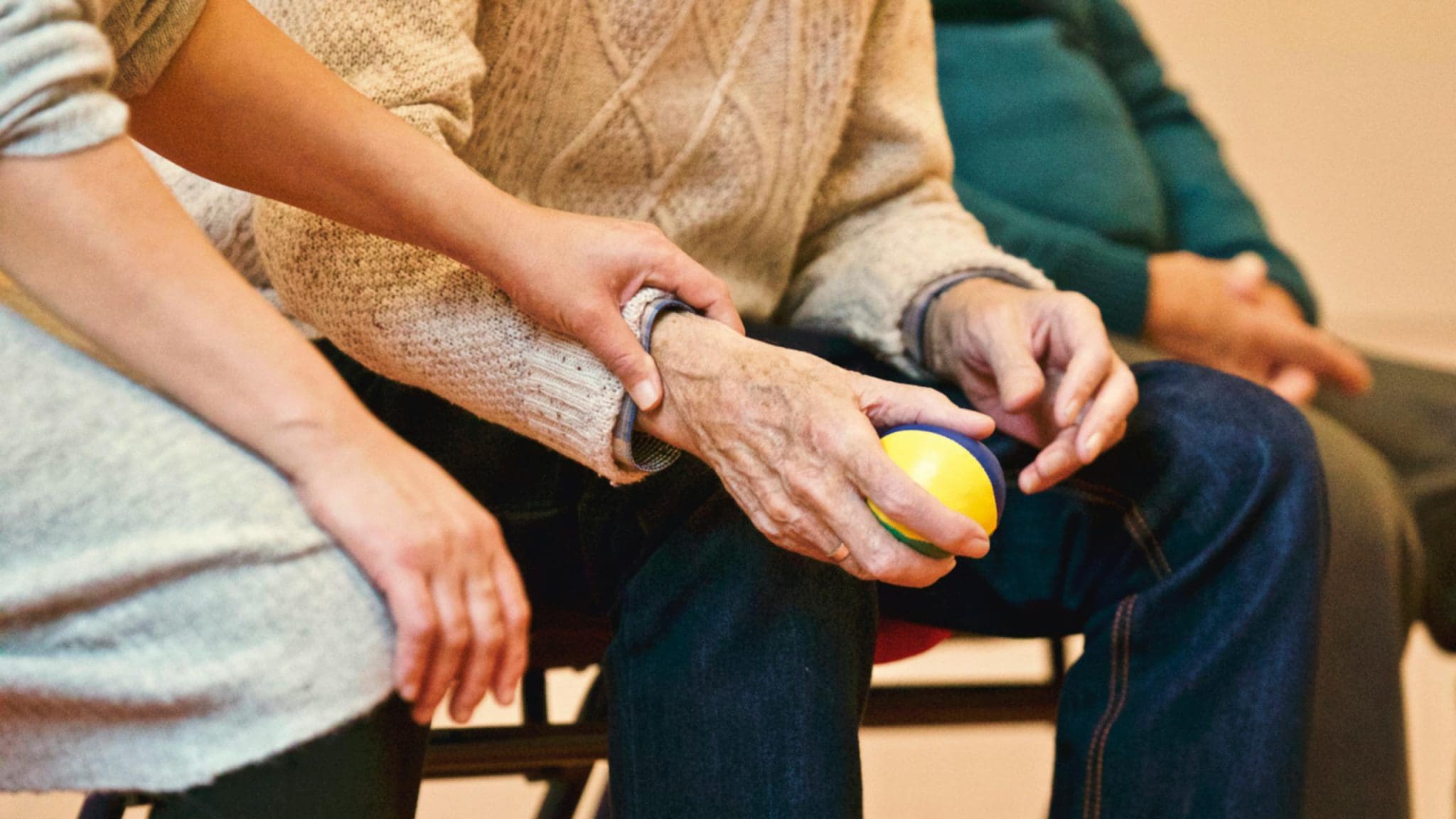Full Disclosure: Clicking on these links could mean a tiny commission for me, at no extra cost to you.
Anxiety is a prevalent issue among senior adults, often stemming from various factors such as health concerns, loss of independence, or social isolation. Studies show that around 10 to 20 percent of seniors struggle with anxiety, and that impacts their well-being .Nurses play a pivotal role in addressing and easing anxiety in older adults by providing both medical assistance and emotional support. However, as individuals age, they may exhibit varying levels of irritability, frustration, and differing temperaments, posing challenges for nurses in providing care.
This article discusses the causes of anxiety in senior adults and the effective strategies nurses can employ to alleviate it.
Causes of Anxiety in Senior Adults
Anxiety, a natural response to stress, manifests in seniors through various triggers:
- Dependence on others
- Grief from loss
- Financial concerns such as living and medical expenses
- Fear of health emergencies like falls
- Feelings of social isolation and loneliness
Elderly individuals often express physical symptoms rather than emotional ones, such as muscle tension, headaches, digestive problems, nausea, or palpitations, which could indicate underlying anxiety.
Over time, nurses develop keen observation skills to identify signs of anxiety or distress in patients and respond with reassurance and empathy. However, to attain this level of proficiency, it’s essential to learn effective anxiety reduction techniques and apply them in practice.
For that, Nurses have the opportunity to advance their education via accelerated online BSN programs. These programs teach nurses how to apply therapeutic interventions and healing techniques.
Furthermore, they gain community nursing skills to better serve anxious patients in diverse environments. The convenience of online learning, flexible schedules, and comprehensive curriculums make career advancement both accessible and less intimidating.
Seven Ways Nurses Can Help Relieve Anxiety in Senior Adults
Here are some ways nurses can help senior adults deal with anxiety:
1. Breathing Exercises
Breathing exercises are simple yet effective techniques that nurses can teach senior adults to help alleviate anxiety. One such exercise is deep breathing. During this exercise, seniors will be required to inhale deeply, hold their breath for a few seconds, and then exhale slowly via their mouth. This will help slow down their heart rate and promote relaxation.
Another technique is belly breathing, where seniors focus on expanding their abdomen as they inhale deeply and exhale fully.
Nurses can guide seniors through these exercises during calm moments, helping them manage their anxiety and improve their overall well-being.
2. Active Listening
Few things trigger stress, like the feeling of being disregarded and uncertainty. Exceptional nurses prioritize listening to patients and genuinely acknowledge their concerns and inquiries.
By listening actively, nurses can help alleviate patients’ anxiety. This involves posing open-ended questions, inquiring about their emotions, and demonstrating genuine interest in what they are telling you. As a nurse, you can exhibit active listening by dedicating your complete focus to your patients and reflecting on meaningful conversations.
3. Guided Imagery
Guided imagery involves the use of visualization techniques to create mental images that evoke feelings of relaxation and well-being.
Nurses can lead senior adults through guided imagery sessions, encouraging them to imagine peaceful scenes such as a tranquil beach or a serene forest. Guided imagery can help distract from anxious thoughts, promote positive emotions, and induce a state of deep relaxation.
4. Physical Activity
Encouraging physical activity among seniors is crucial for enhancing mental well-being, and nurses can play a pivotal role in this regard.
Here are some practical exercises to alleviate anxiety in senior adults:
- Suggesting regular walks in nature or around the neighborhood
- Introducing chair yoga routines to improve flexibility, mobility, and relaxation
- Water-based exercises like swimming or water aerobics
- Dance sessions to uplift mood and increase social interaction
- Gentle bodyweight exercises, such as squats, lunges, or modified push-ups
Get 50% off your online yoga membership today at Yoga Download.
5. Social Interaction
Social isolation is a common challenge among seniors, particularly those with restricted mobility. Addressing this issue can significantly alleviate anxiety and other mental health issues.
Family plays a crucial role in providing social support. You can encourage regular visits from your patient’s siblings, children, grandchildren, or other family members, as they can offer companionship, divert attention from stressful thoughts, and uplift mood.
In instances where in-person visits are not feasible, facilitating them via video chat can bridge the gap and maintain meaningful connections.
6. Communication
Patients frequently experience confusion and distress in the unfamiliar setting of a hospital. Nurses can help soothe these feelings by initiating introductions and providing clear explanations of procedures and their purposes.
You can also provide informative handouts that further empower your patients with knowledge, fostering a sense of control and calmness amidst uncertainty.
Remember, the more informed patients are about upcoming events, the greater their sense of reassurance and composure.
7. Diet Modifications
Ensuring proper nutrition is crucial for promoting both mental and physical well-being in senior adults.
Encouraging a diet rich in essential nutrients, including proteins, healthy fats, and carbohydrates, can aid in managing anxious thoughts. You can achieve this by emphasizing the importance of incorporating a variety of nutritious foods into every meal that can provide seniors with the fuel their brains need to function optimally.
Moreover, nurses can advise seniors to moderate their intake of certain foods or beverages known to aggravate anxiety, such as caffeine. Educate them about the stimulant effects of caffeine and the potential nervousness or agitation it can induce to help seniors make informed choices about their dietary habits.
Lastly, do not forget to recommend alternatives to smoking and suggest ways to reduce or replace caffeine intake.
Conclusion
Nurses encounter numerous challenges in their profession, yet few are as recurrent or demanding as managing anxious elderly patients. However, from encouraging them to engage in physical activity to establishing a balanced diet, nurses can empower senior adults to improve their mental health and enjoy a higher quality of life.
It’s essential to understand the triggers behind their anxiety, show compassion, and give adequate attention to their particular needs and demands.









